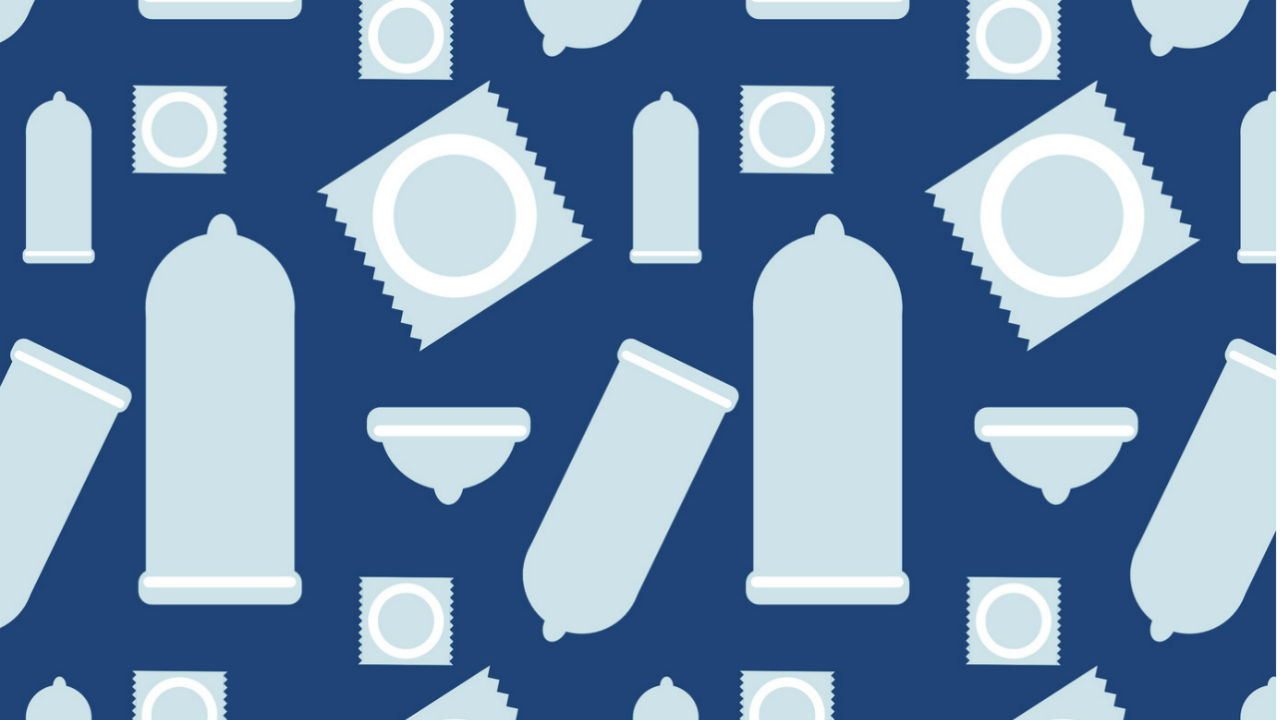The Centers for Disease Control and Prevention estimated that there are approximately 19 million new sexually transmitted disease (STD) infections each year, which cost the U.S. health care system $16.4 billion annually and cost individuals even more in terms of acute and long-term health consequences.
STD incidence remains a growing problem among adolescents and young adults under the age of 25. According to an article authored by Meredith Cohn from the Baltimore Sun, “Up to half of sexually active young people will get [an STD] by the time they are 25, yet many don't seek testing because it may be difficult, costly or embarrassing.”
But the John Hopkins University in Baltimore is prepared with a solution to help teens get tested more easily, with anonymity, and ultimately to help young people prevent the spread of STDs.
Charlotte A. Gaydos, a professor of infectious diseases at John Hopkins University helped develop the program called "I Want the Kit," and its website, (iwantthekit.org), which now serves primarily teens and young adults in Maryland, Washington, West Virginia, parts of Illinois, and in Denver and Philadelphia.
The kit tests for the two of the most commonly spread STDs—gonorrhea and chlamydia—as well as trichomoniasis.
The kit can be obtained free of charge by making a request on the website. Kits are mailed in a plain envelope with a swab, questionnaire, information about STDs and consent form. Teenagers living at home with their parents can request the kit, knowing it won’t be coming in blatantly revealing, potentially compromising packaging.
John Hopkins University reported that about 43 percent who request the kits return them.
“Patients are given an identification number and passcode to get their results by phone in two weeks. Appointments are made in a local clinic of the patient's choice for those who test positive — up to 13 percent depending on the gender and STD. About 3,500 young people, half under the age of 23, have gotten tests from the site, some more than once,” Cohn wrote.
The CDC reported that untreated gonorrhea and chlamydia can result in pelvic inflammatory disease in women, a condition that can cause infertility, and that STDs cause at least 24,000 women in the U.S. to become infertile each year.
Gaydos and her colleagues would like to add syphilis or HIV to the program, which is paid for with government grant money, but that those STDs require a blood test, which makes the at-home test process a bit trickier.
She also would like to continue expanding the program beyond the cities and states it now serves, but noted that Baltimore was an appropriate community to launch the program due to its high infection rates. CDC surveys of risky behavior show almost a third of students in Baltimore are sexually active by the ninth grade.
Free In-Home Kits Encourage Testing in Teens
http://www.baltimoresun.com/health/bs-hs-std-testing-20110221,0,5763769,full.story
2009 Trends in STDs from the Center for Disease Control
http://www.cdc.gov/std/stats09/trends.htm
Center for Disease Control, STDs National Profile
http://www.cdc.gov/std/stats09/Natprointro.htm






Add a CommentComments
There are no comments yet. Be the first one and get the conversation started!